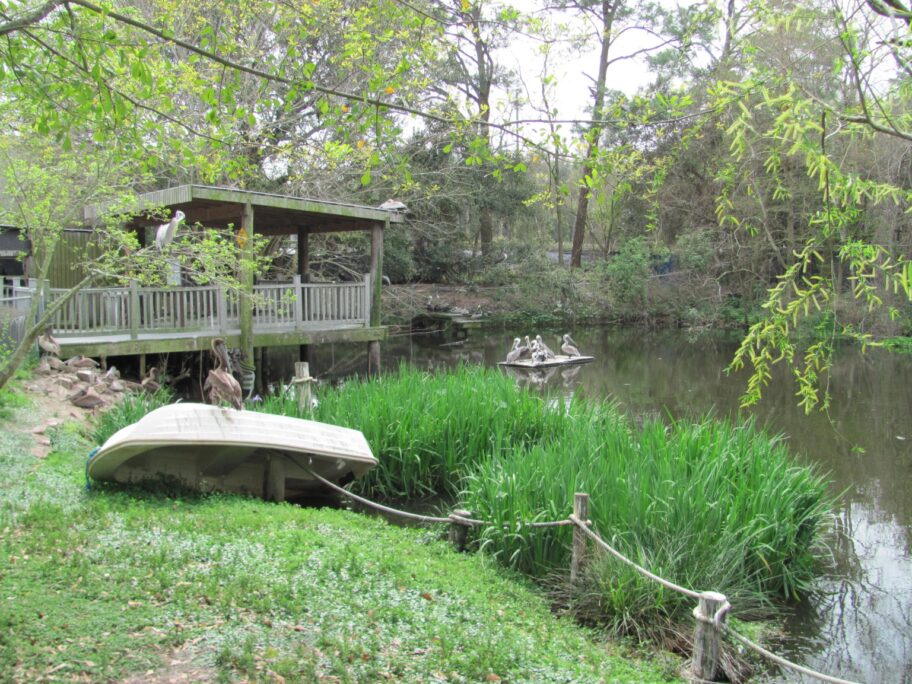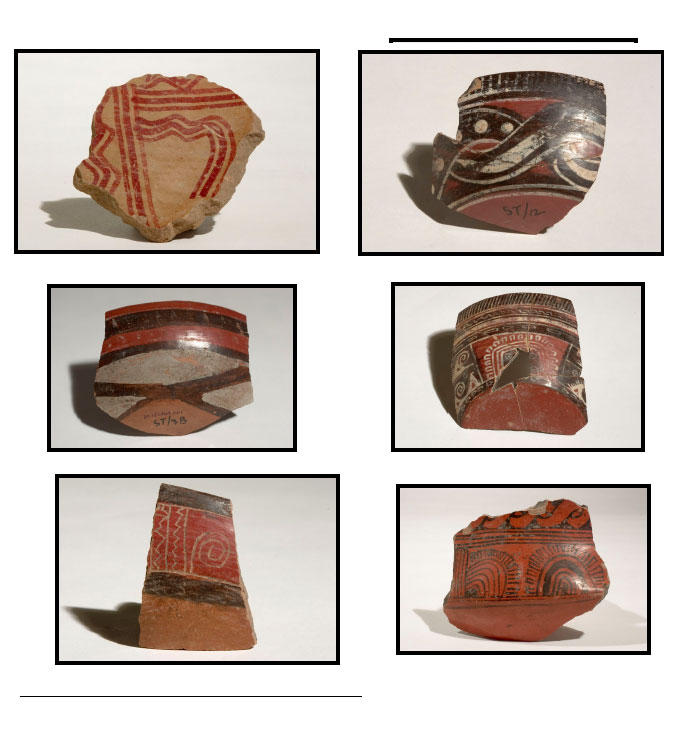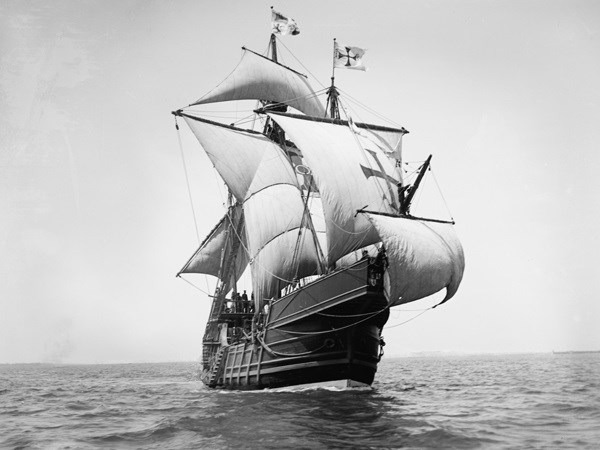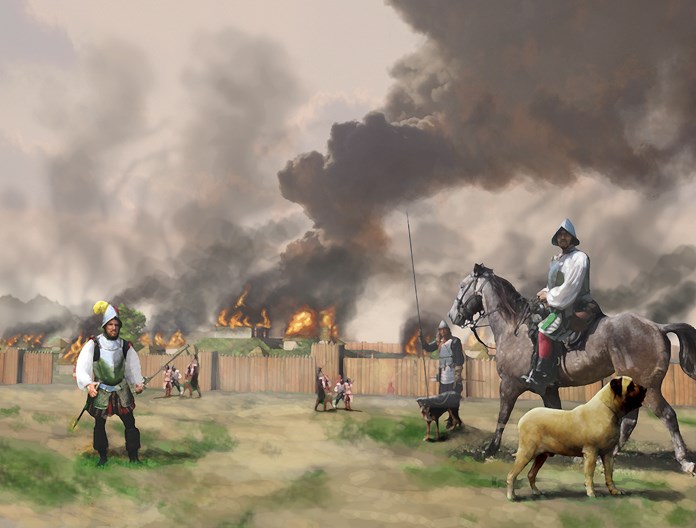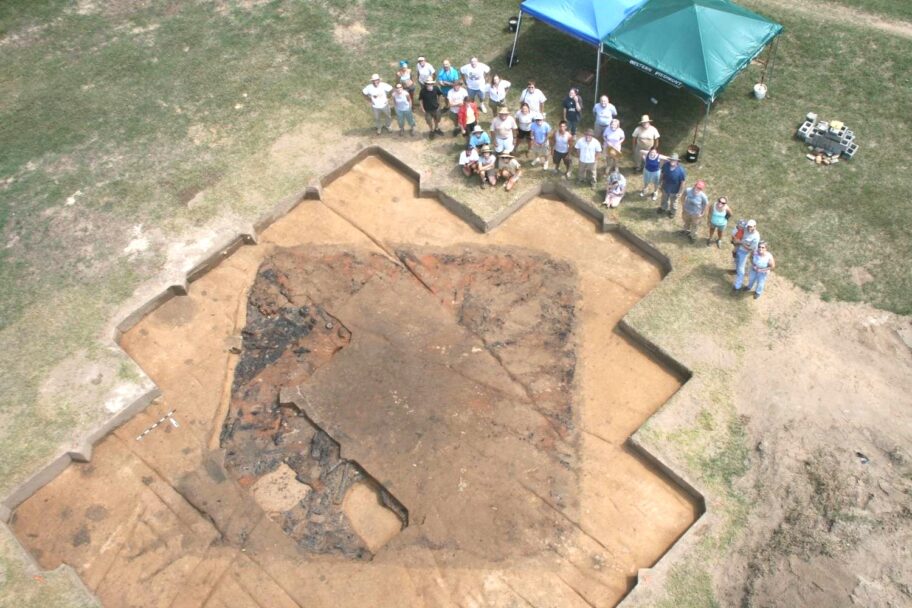The Bayou Chico Archeological Research Project: A Plan to Study the Early History of a Portion of Pensacola Bay, Florida
CAI is a federally recognized 501-C-3 group of researchers comprised of professional people bent on approaching the mysteries of history without the restraints of political organizations.
One of our research projects involves very early European contacts with Native groups in North
